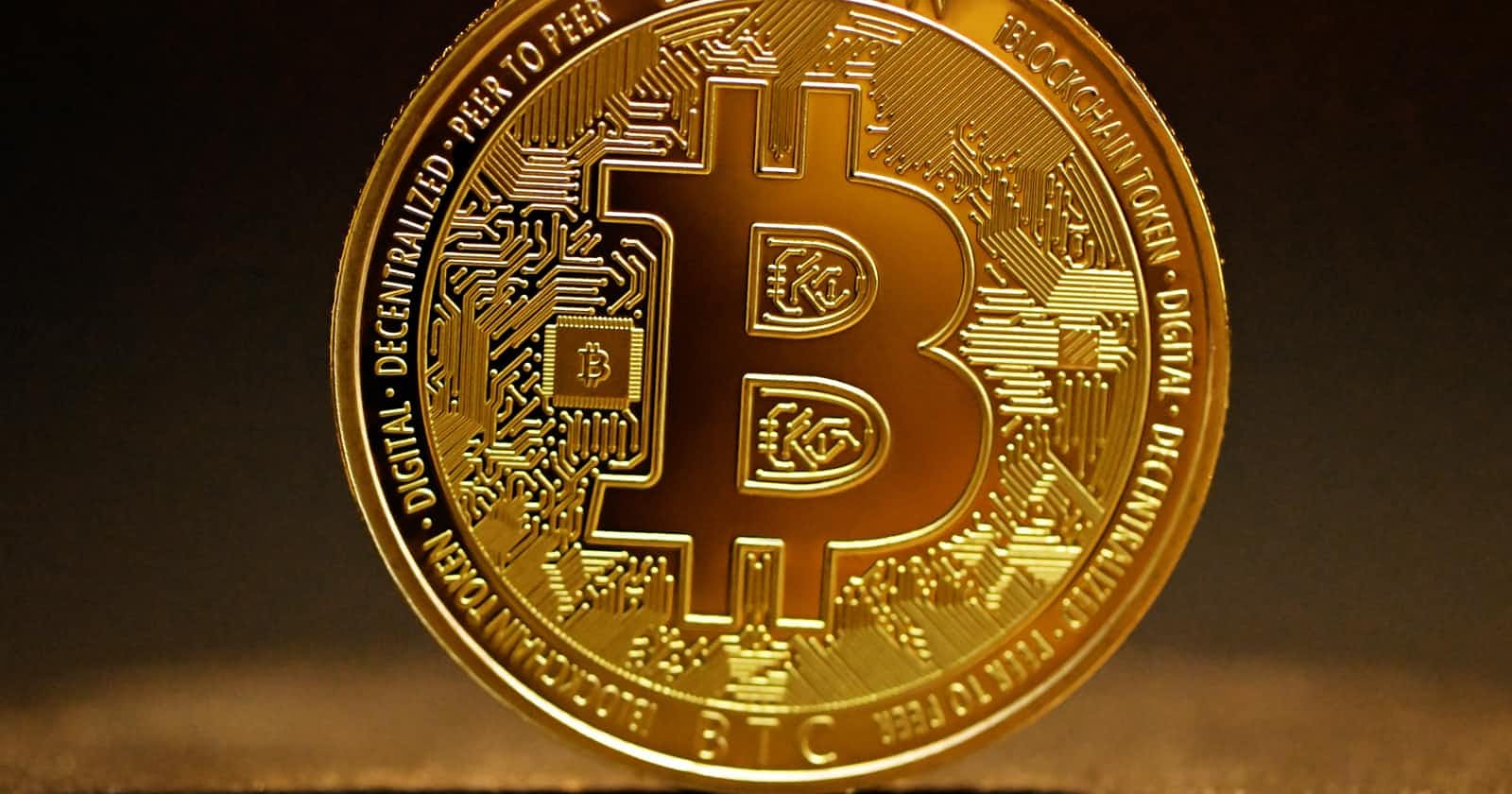Introduction
Bitcoin is the first and the most widely used cryptocurrency. A cryptocurrency is a completely digital, decentralized currency that is built using principles of computer science and cryptography.
Bitcoin and Blockchain
Bitcoin runs on blockchain technology, which is the underlying data structure of this cryptocurrency. A data structure is a virtual format for organizing, retrieving and storing information. The Bitcoin blockchain in particular stores a permanent history of all the transactions to ever occur in the history of Bitcoin. It is an append-only ledger, meaning that any information added to the ledger cannot be deleted.
Bitcoin and Privacy
Bitcoin represents a shift towards privacy and decentralization. This cryptocurrency is not backed by any central organization, government or company. So, the users of Bitcoin do not rely on financial intermediaries in order to make transactions with each other.
In Bitcoin, users do not need to use their real-world identities, instead, they are represented by addresses or strings of random letters and numbers. A person can send billions of dollars from his wallet address to another wallet address anonymously without asking for anyone's permission.
Bitcoin takes control out of the hands of third parties and gives users the freedom to transact while protecting their privacy.
How does Bitcoin work? (An overview)
On a high level, the Bitcoin network validates transactions and stores the entire transaction history. The Bitcoin network is a group of users communicating with each other as part of the Bitcoin protocol. This network serves as the substitute for the centralized banks and must have certain properties to function correctly.
Conclusion
Bitcoin is a digital and decentralized currency. It protects the privacy of users and lets them transfer as much money as they want to any part of the world. A lot of people see it as an investment because its value has skyrocketed in the last decade. It has many use cases in today's world and it's not going anywhere.

